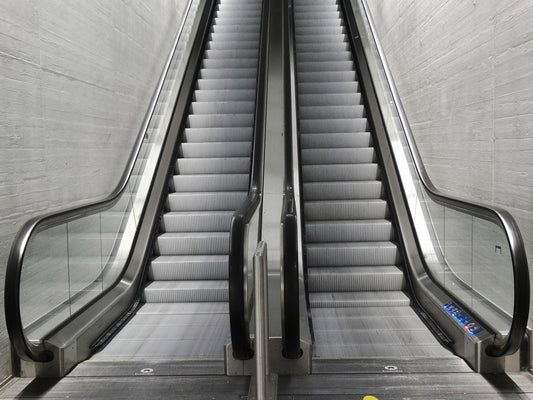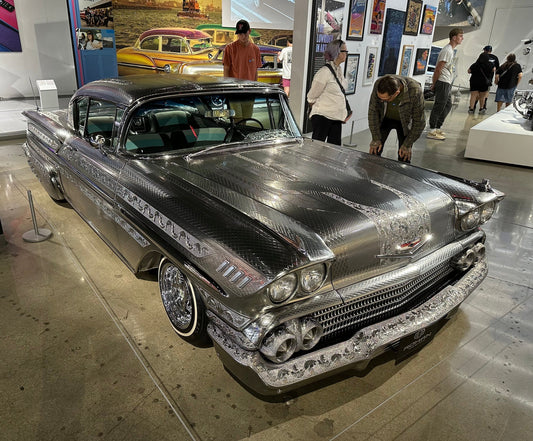Breaking things
by Paul McGowan
We're raised up to get the right answers to problems and to do whatever it takes not to break things. We're rewarded for reciting memorized answers and staying out of harm's way.
I would like to argue that's backasswards from what matters to our development as humans. We should praise wrong answers and encourage breakage.
I remember years back when I came up with the idea of using an audio transformer to connect the power amplifier's output to the low level input of a subwoofer. I reasoned that it would be a good idea to pass along the sound quality of the main amplifier to the subwoofer. That despite the lack of purity subwoofers would have a greater tendency to disappear when fed this "preconditioned" signal than if we sent a pure input from the preamplifier.
I was ridiculed for this idea. In fact, it got so bad that I hid my little audio transformers behind the main speakers as a protective measure for my ego.
I was told this idea was all wrong. It broke the regular way people did things and therefore it not only wasn't the right answer but in fact the wrong answer.
Over the years and unbeknownst to me that wrong answer became the obvious and best way to connect subwoofers. That in order to reach the goal of the subwoofer helping the main speakers and disappearing in the process this was not only one of the best means of achieving the goal but it was "obvious".
I don't think I invented this technique. What's important is that I was willing to break things, to be comfortable with the wrong answer in service of the right goal.
I would sooner encourage people to make mistakes than focus on getting the right answers. We can find the "right" answers with a Google search.
Discoveries come from breaking things.
- Choosing a selection results in a full page refresh.
- Opens in a new window.









